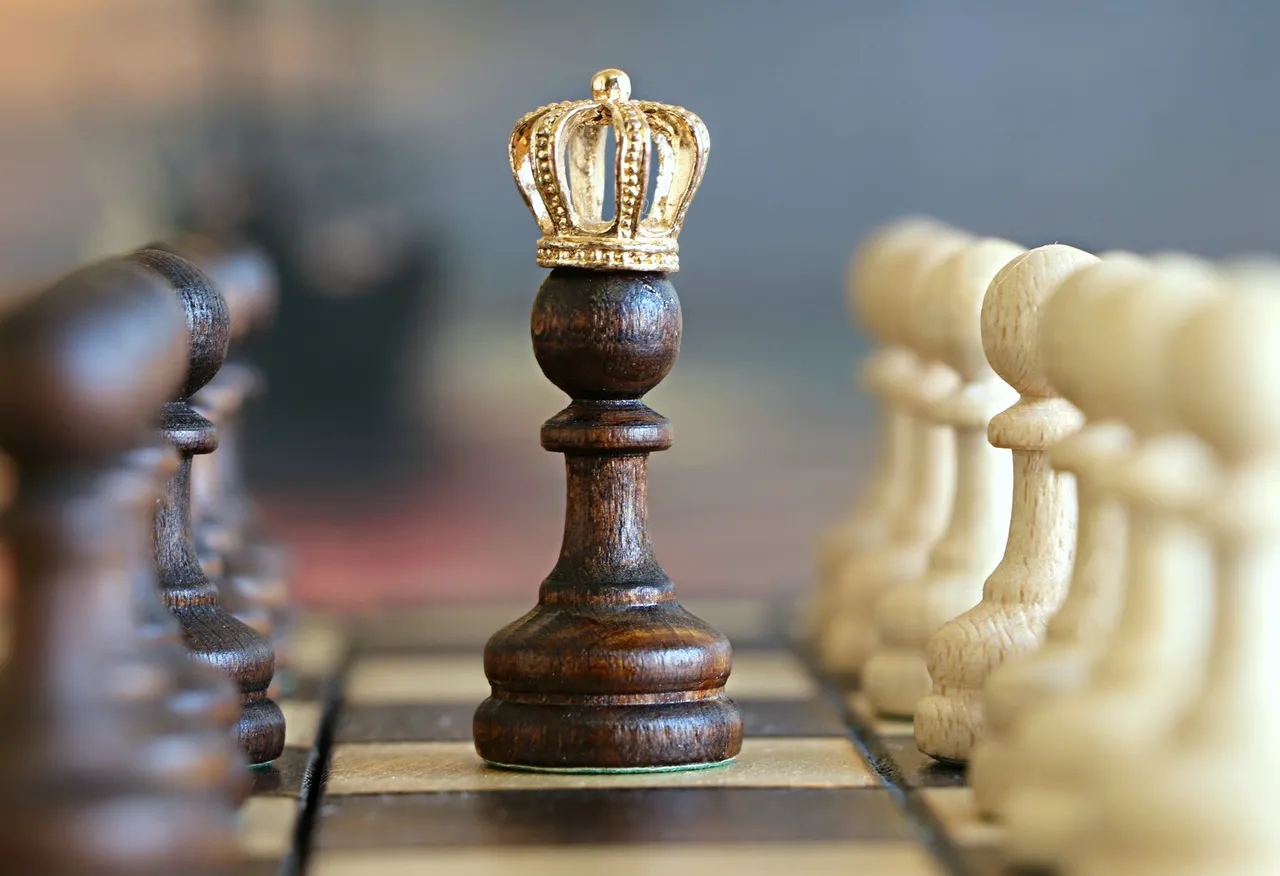This film is an example of how life really is the same, whether as a peasant or as a monarch. Ambition, envy, manipulation, loss and the need to extend one's name and impact are things that all men face.
The title on it's own is ground enough to make you anticipate fractions, distinctiveness in struggle with otherliness. But on what grounds? In this film, it was on the grounds of charm. Who is the better sister? Who is worthy to be loved and remain the queen of England? Who? Who? Who? And for what? A man. A man who is seen as deserving of any mistress he wants just because he is King. Who, even when women knew he might discard them still vie for his attention because, even then, they would afterwards only go longer than a duke and what not. It is a story of male privilege, of how far a patriarchal and ambitious family are willing to go, in order to give their daughters out for sex in exchange for power.
Anne Boleyn, a married younger sister to Mary Boleyn ( known as the other Boleyn girl) have their lives interrupted when the wife of the King(King Henry VIII) fails yet again to give her husband a male heir. He visits the Boleyn family where their Uncle, the Duke of Norfolk hatches a plan to ensnare him with Mary. Fate foils the plan as the King instead takes to Anne and invites the entire family to court. With no regard to Anne's status as a married woman(everyone has agreed to this arrangement), he sleeps with her till she becomes pregnant.

Mary, of course feels betrayed by her sister and family and marries an already betrothed nobleman secretly. Apparently, this is a volatile move because only a King can approve of marriages and considering the scheming family's position, it could lead to things blowing up in their faces if the King found out. He doesn't. Yet. Because Anne finds out first and alerts her family and they forbid Mary and her newly wed husband from mentioning it ever happened. Things blow up differently as Mary's heart is hardened against everyone. She's sent to the French court as punishment and returns only when Mary has a difficult pregnancy which causes the King's interest to wane.
The rest of the film follows a predictable trajectory of Mary usurping her sister's place in her own way with new ideas of what it means to be a powerful woman. She refuses the King because he, technically and lawfully still has a wife. Her fuss causes the King to divorce his wife with a major consequence of losing the support of the Pope and Catholic church. This is a big deal even as new head of the Church of England. The love and power Mary wanted becomes and ugly, bitter and brutal thing to live with. The King ends up hating her, raping her, and the male heir she was so sure of giving is nowhere in sight.
The film does not disguise itself as a history lesson. It is an inaccurate retelling of events like many historical films are. But that is not the point. Mary is executed in the end when the King finds out about her consummated marriage with her secret husband. Her only surviving child, red haired Elizabeth does live to become queen of England, but the rest of the family fares poorly. Sadness, grief and death are consequences for the ambitions they've had which they pursued in ways that did not portray integrity.
As a human story, it is interesting to watch. The problems that plague us are really common across ages.
